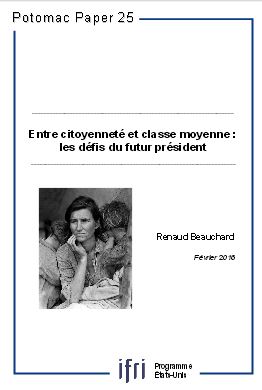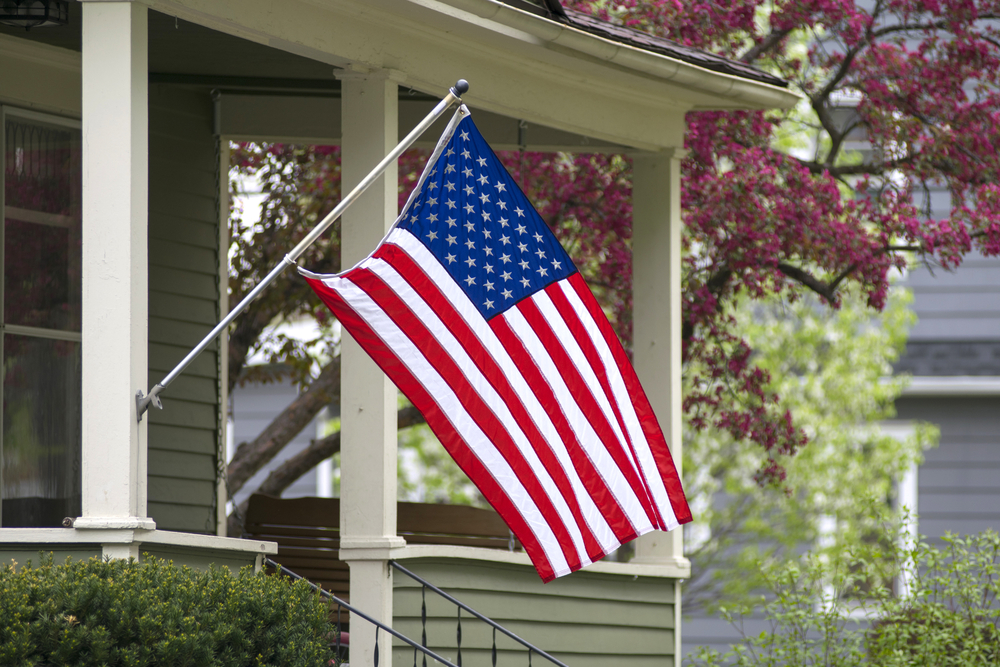Entre citoyenneté et classe moyenne : les défis du futur président


Fostered by the reduction of the concept of corruption and the near disappearance of campaign contribution limits, the most affluent Americans now have an inordinate influence on the United States’ political system. They reshape to their own benefit the electoral programs proposed by the politicians as well as the ways in which the administrations, legal and financial systems interact with the citizens. Contrary to the intentions of the Founding Fathers, money has supplanted talent as the the sole criterion of participation in the institutions of the U.S. representative democracy...
Middle class households are the victims of this wayward trend. Both white and blue collars face mounting debts, while their jobs are relocated abroad. The economic instability they find themselves in produces disillusionment with respect to the political system and the institutions.
The last two democratic presidencies did not manage to stem this trend – the reverse is the case. Regarding the campaign for the 2016 presidential elections, it appears that right wing and left wing populist movements (Tea parties, Occupy Wall Street) are the only alternatives for the Americans who are not part of the elite.
A member of the Washington D.C., Bar, Renaud Beauchard draws on the recent American literature (such as Lawrence Lessig, Zephyr Teachout, Wendy Brown, Jeffrey Winters, Francis Fukuyama, David Graeber, Christopher Lasch and Barbara Ehrenreich) in order to denounce the state of society and American institutions.
This content is available in French: "Entre citoyenneté et classe moyenne : les défis du futur président"




